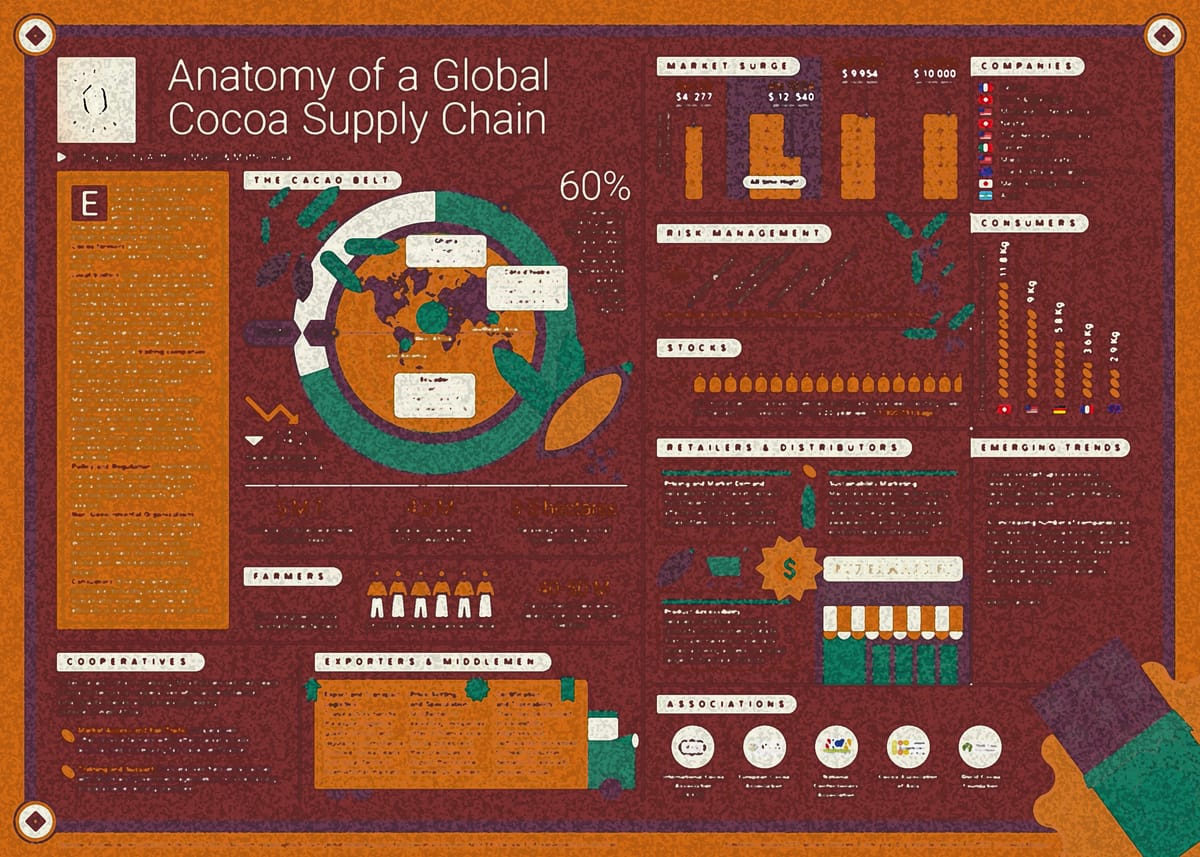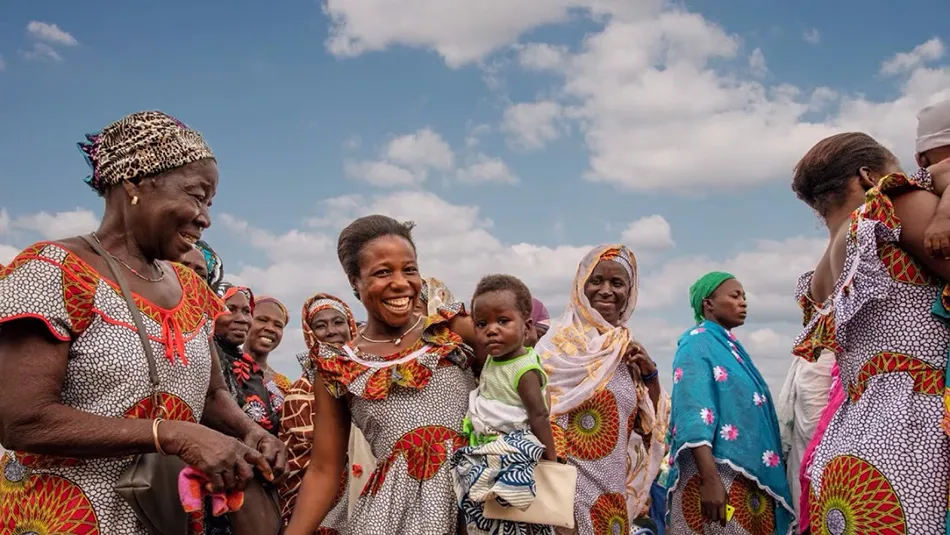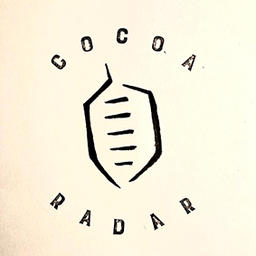According to a new independent evaluation by the KIT Institute, assessing progress made by the program, yields for farmers in the program in 2024 were 18% higher than those for farmers who had not yet joined. IAP farmers increased their total net income, with participating households earning 15% more than their peers.
The results were published on the back of a 2023-2024 cocoa season that was one of the most challenging in recent years, marked by poor cocoa harvests due to changing weather patterns and crop disease.
Still, the increase in cocoa productivity boosts family revenues, covering higher farm expenses and resulting in greater overall profits for Accelerator households. The IAP led to a $648 increase in cocoa revenues for participating households in 2024.
In a specially convened webinar moderated by cocoaradar.com editor Anthony Myers to pick over the findings, it was revealed that cocoa farms in the program are much healthier, primarily related to participating farmers’ adoption of good agricultural practices, including pruning, weeding, shade management and pest control, as well as their investment in labour.

Charles Tellier, CEO of So-B-Green, one of the IAP’s implementing partners in Côte d’Ivoire, said pruning is not new, but the way the income accelerator implements it is.
“That’s what makes this program unique. Mobile incentive is key. 50% upon the promise to manage cash flow, paid through a supplier (wave). We are all here to accelerate the revenues with the farmers. Once you achieve it, you gain credibility with the farmers.”
Faustin Menzan, a farmer from Côte d’Ivoire, joined the call and said he used to spend a lot of money for a little yield. With better pruning skills, from the advice of technicians, he said, the IAP incentives have helped him reinvest in his farm. This has led to significant profits, enabling him to establish other ventures, such as a hybrid chicken farm.
“The training received by women has contributed to them gaining a lot of confidence. The empowerment of women is a reality, “ he said.
Addressing the webinar via a video, Laurent Freixe, CEO of Nestlé, said: “Our income accelerator program is one of our key sustainability initiatives. Thirty months after its launch, we are seeing a positive impact on the ground. And we are committed to expanding it further in Côte d’Ivoire and Ghana, our main cocoa origins.
According to the KIT Institute report, the IAP is enhancing children’s wellbeing, improving food security, and empowering women. Overall, the program’s unique approach—distributing mobile money equally between both heads of household—has helped foster gender equity and financial resilience.
Women's empowerment
Oumou Diallo, a senior advisor at the KIT Institute, said women's empowerment is a key dimension in the program, as well as unlocking the capacity for households to save money.
Nestlé stated that, based on feedback from farming families and partners, the next phase of the program will simplify incentive structures to enhance clarity and speed of implementation, while maintaining the same level of financial support.

Incentives will focus on two core areas: farm support (pruning) and household support (schooling), while continuing to deliver a broad set of activities.
“Since launching the Income Accelerator Program pilot in 2020, we have continuously refined our approach based on feedback from farming families and independent evaluations,” said Darrell High, Nestlé Cocoa Manager. “This report confirms that even in a challenging year, the program is making a real difference, which is very encouraging.”
Key results among Income Accelerator Program’s participants:
- 15% higher total household net income
- 18% increase in cocoa yields
- 21% increase in net cocoa profit accelerated by the rise in cocoa prices
- 18% higher women empowerment index
- 31% increase in children's well-being
- 88% of children were enrolled in school in 2024, up from 81% in 2022
Daan Wensing from IDH leads the program’s advisory committee, and in the webinar, he said: “It’s Good to see that this program keeps delivering impact despite a challenging context. We welcome the honest and transparent reporting with all stakeholders, as it enables the program to evolve, improve and benefit cocoa farming families further.”
About the report and the program
- The progress report, conducted by the KIT Institute, evaluated the program’s impact over the first 30 months of its test-at-scale phase, examining a sample of approximately 2,000 households spanning 28 cooperatives in Côte d’Ivoire.
- Nestlé scaled its income accelerator from 1,000 families in the 2020 pilot to 10,000 at launch in 2022, and then reached 30,000 families by 2024.
- The company aims to engage 50,000 families by 2026, with a long-term goal of supporting an estimated 160,000 cocoa-farming households by 2030.
- Launched fully in January 2022, the income accelerator program is a family-centred initiative designed to help close the living income gap and reduce child labour risks in West Africa.
- The program incentivises and enables positive practices both on the farm and within the household, including school enrollment, good agricultural practices, agroforestry, and income diversification.

- From the Desk of CocoaRadar is the official media partner ECA 9th European Cocoa Forum.
- 'From Our Desk. To Yours. Daily.'
- Sign-up here for free and upgrade to an annual plan.



